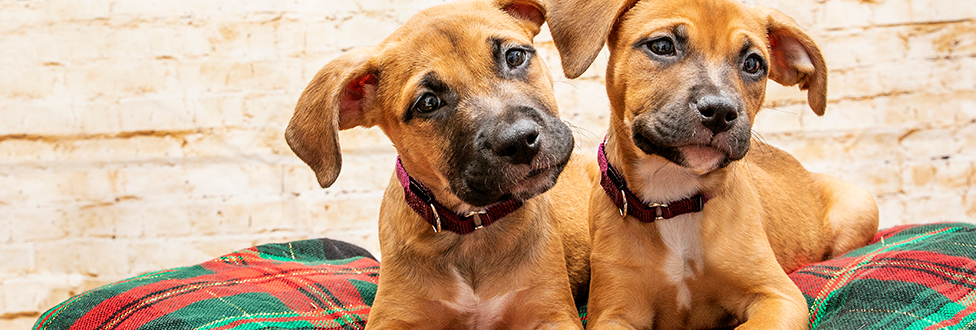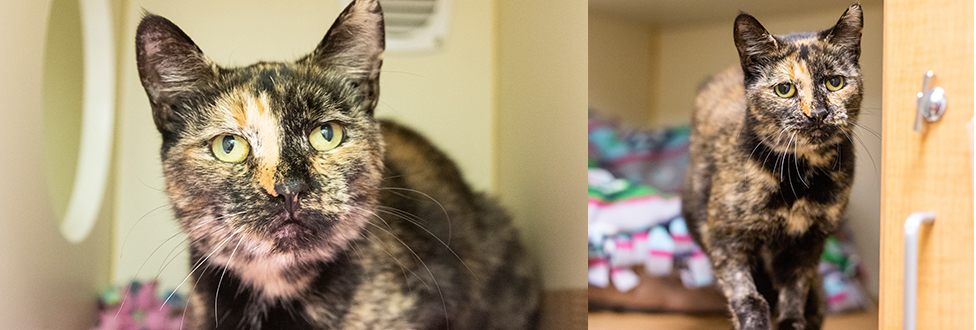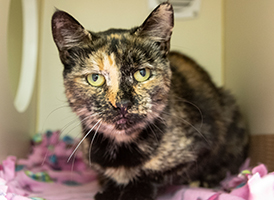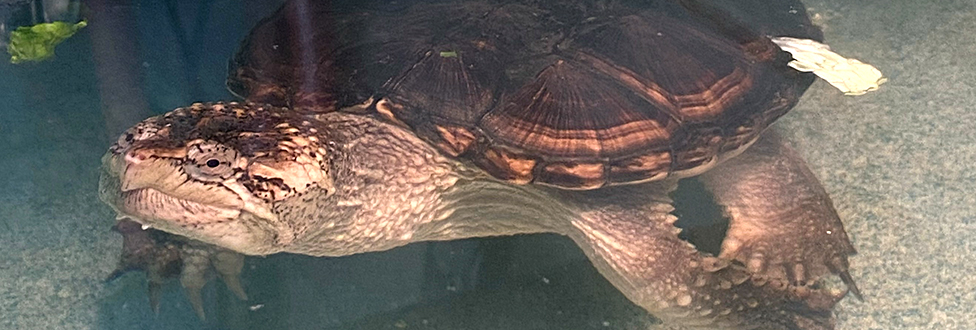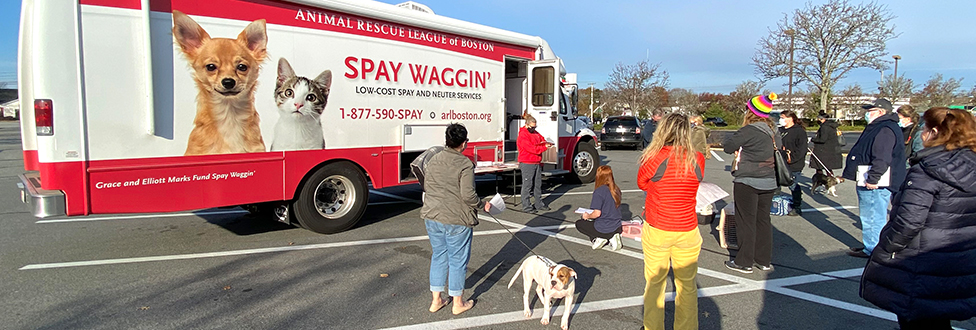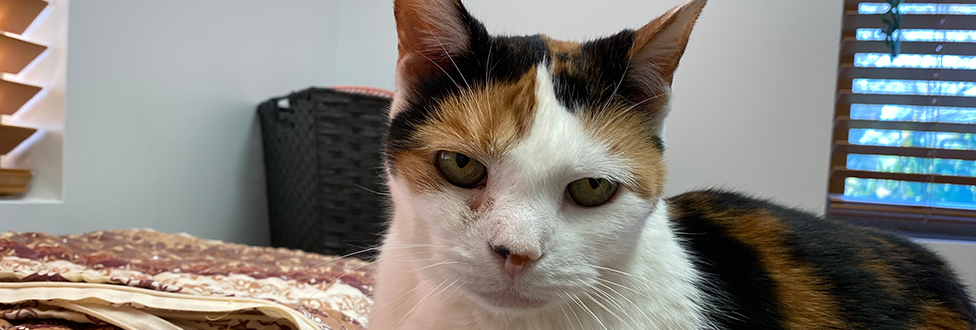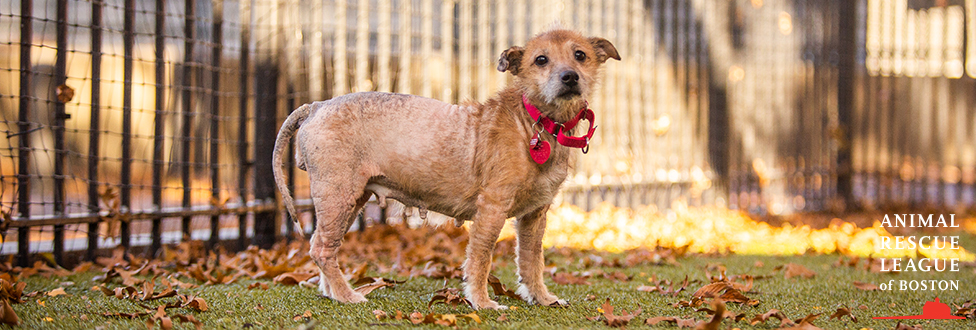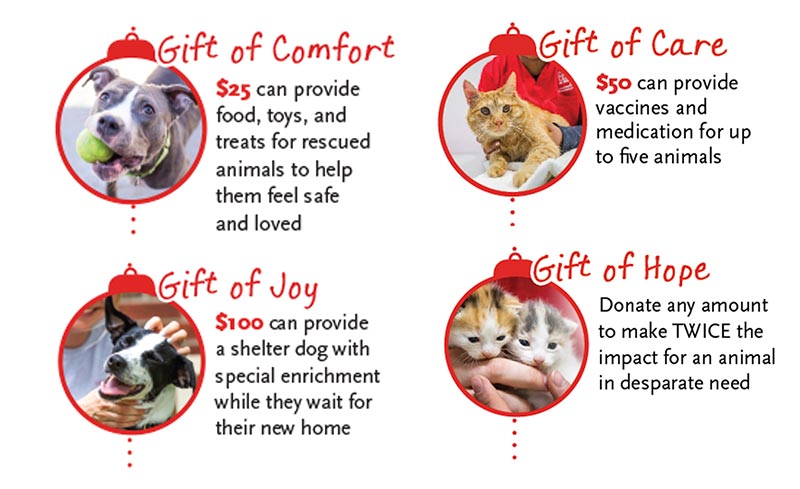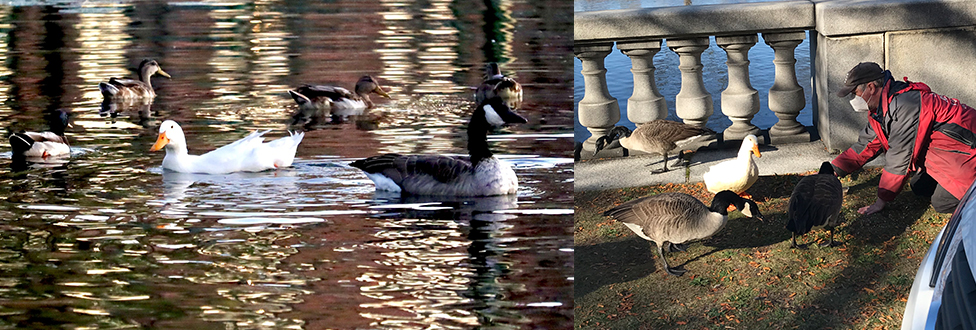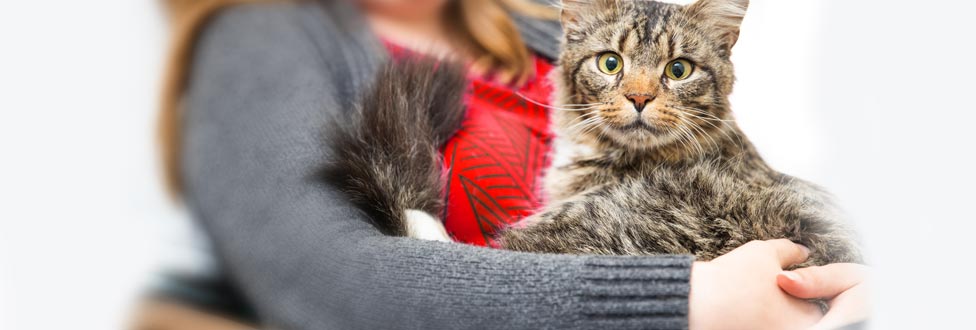Celebrate a Pet’s First Holiday at Home – Safely!
Many people welcomed a new animal family member in their homes during 2020, and this will be their first holiday season together.
While the holiday season can bring joy to the humans in your household, it can also be a sensory overload for pets. Bright lights, shiny objects, trees inside the home, new sounds and smells can make pets both anxious and curious about the abrupt change in their surroundings.
The Animal Rescue League of Boston (ARL) shares these 5 tips for keeping all the furry members of your household safe during the holiday festivities:
- Decorate with care. Ribbons and tinsel are especially attractive and hazardous to cats. Holiday plants like mistletoe, holly, lilies, and poinsettias can cause vomiting, upset stomach, and blisters in your pet’s mouth.
- Secure your tree. Your frisky feline won’t be the first to topple over a 6-foot fir! Support your tree with a sturdy stand and wires to prevent tipping, should they decide to make a leap for it. For your canine companions, consider surrounding the base with a baby gate and hanging fragile ornaments higher on your tree. Also, watch for tree water spillage that might contain fertilizers and other toxic chemicals.
- Menorah or candle placement. Avoid placing the menorah, or lit candles anywhere your pet can reach or on a surface that can be toppled over.
- Watch out for wires. Chewing on electrical cords can cause severe oral burns and even fatal shocks for cats and dogs. Secure cords with plastic casing you can find at a hardware store, or cover with a bitter-tasting, non-toxic product from your local pet supply shop.
- Plan your pet’s meal around yours. This will keep your pet occupied and will make them less likely to try and partake in your holiday. Common holiday foods that can be toxic to our pets include: turkey skin, poultry bones, mushrooms, onions, grapes, raisins, certain types of nuts, raw dough, chocolate, and dairy products.
Planning on adopting a pet for a family member or loved one? Please don’t make it a surprise! Bringing a new pet into a home is a huge decision and commitment, and the entire household should be involved in the process. There should be a conversation to see if the person not only wants a pet, but also what type of pet would best suit their lifestyle and living situation.
Yes, the puppy with the big red bow around its neck is a great image, but if you really want to get a pet as a gift, I would recommend giving a stuffed animal as a place-holder until the recipient is ready to take the next steps.
If you’re spending your holidays with a new pet than you’ve already received the best gift! Please, keep these tips in mind so we can all have a safe, happy, and healthy holiday season.

